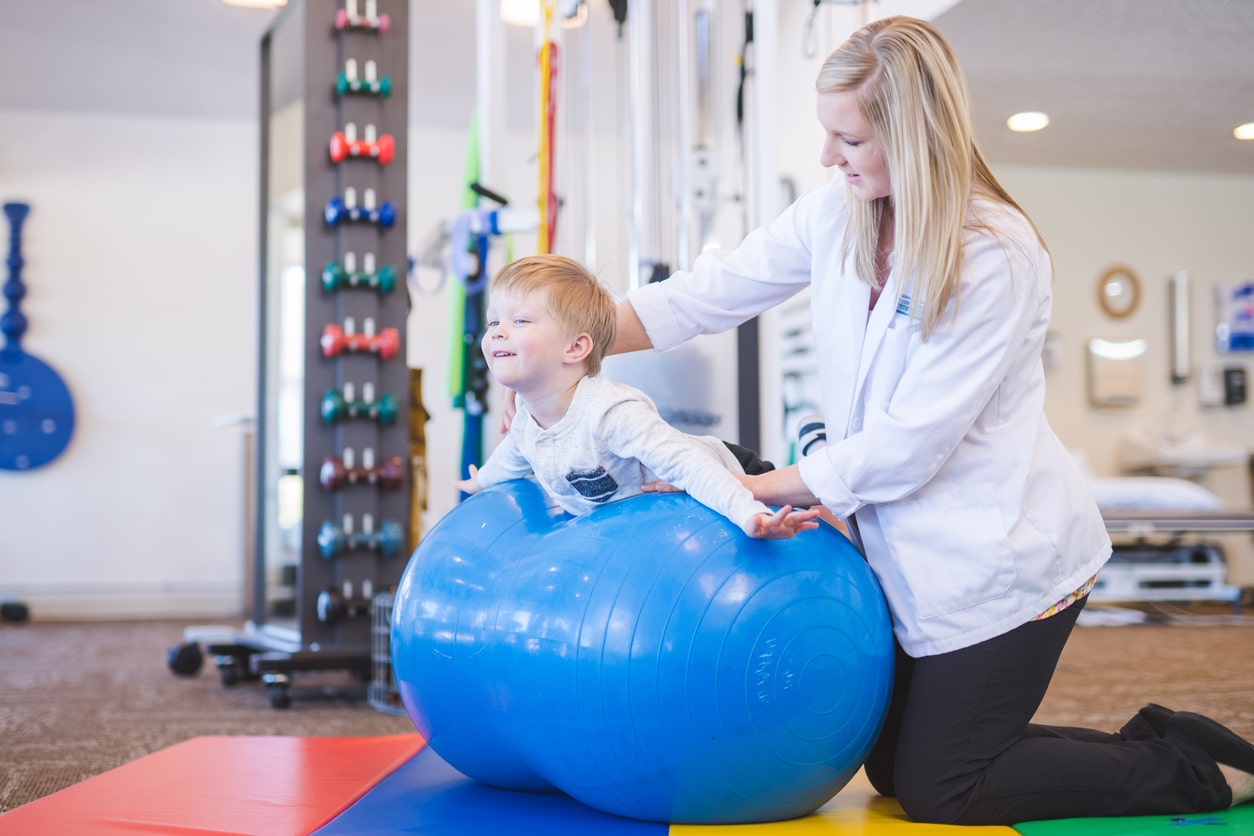The Crucial Function of Nutrition in Improving Recovery and Promoting Efficient Muscle Repair
The Crucial Function of Nutrition in Improving Recovery and Promoting Efficient Muscle Repair
Blog Article
Diet plays a vital role in recovery and muscle repair, especially for sportspeople and active individuals. After strenuous physical exercise, the body experiences stress, resulting to muscle damage. This damage is a typical part of exercise, but adequate nutrition is critical to help the body recover and restore stronger muscles. The appropriate nutrients can considerably enhance recovery time, improve performance, and reduce the likelihood of harm. Comprehending the significance of nutrition can help individuals make better choices to bolster their athletic goals.
Proteins are one of the most important nutrients for muscular repair. When muscles are stressed during workouts, tiny tears occur in the muscle fibers. Consuming protein after a workout provides the structural blocks, known as protein components, that the body needs to fix these rips. Foods rich in protein, such as chicken, fish, ovum, beans, and dairy products, are excellent choices for recovery meals. It is advised to ingest protein within half an hour to two hours after exercising to maximize muscle repair. This schedule helps to initiate the rehabilitation process and guarantees that the body has the essential resources to restore.
Carbs also play an important role in recovery. During exercise, the body uses glycogen, which is kept in the muscles and liver, as a primary energy source. After a workout, it is essential to replenish these glycogen stores to replenish energy levels. Eating carbohydrates, such as grains, fruits, and vegetables, helps to refuel the body. Combining carbohydrates with protein in post-workout meals can improve rehabilitation even more. This mix not only aids in muscular repair but also helps to lessen fatigue and improve general performance in future workouts.
In addition proteins and carbohydrates, healthy fats are important for overall health and recovery. Fats provide essential fatty acids that the body cannot produce on its own. These fatty acids help reduce inflammation, which can occur after strenuous workouts. Foods like alligator pears, seeds, grains, and oil are superb sources of nutritious fats. Incorporating these foods in a well-rounded diet can aid the body’s rehabilitation process and promote long-term health. It is important to note that while fats are helpful, they should be eaten in reasonable amounts as part of a balanced diet.
Fluid intake is another critical aspect of rehabilitation that is often overlooked. Water is essential for nearly every Learn More function in the body, including muscle repair. During exercise, the body loses fluids through sweat, and it is crucial to replenish these liquids to maintain peak performance and recovery. Dehydration can lead to fatigue, muscular cramps, and decreased strength. Drinking water before, during, and after workouts is essential. In some cases, sports drinks may be beneficial, especially for prolonged or intense workouts, as they can help restore salts lost through sweat. In summary, maintaining proper hydration is key to supporting rehabilitation and guaranteeing that the body can function at its best.